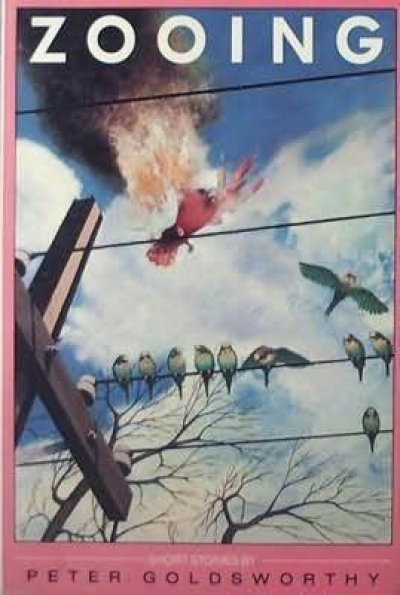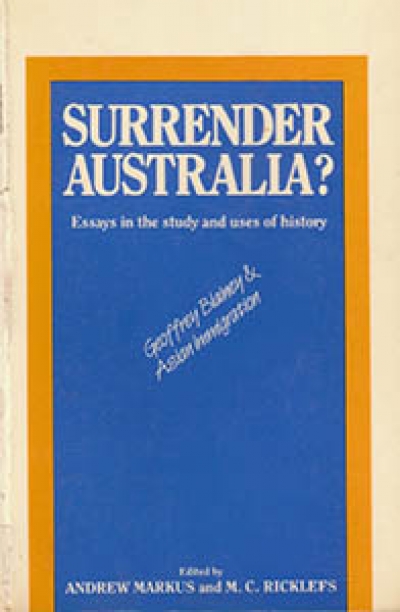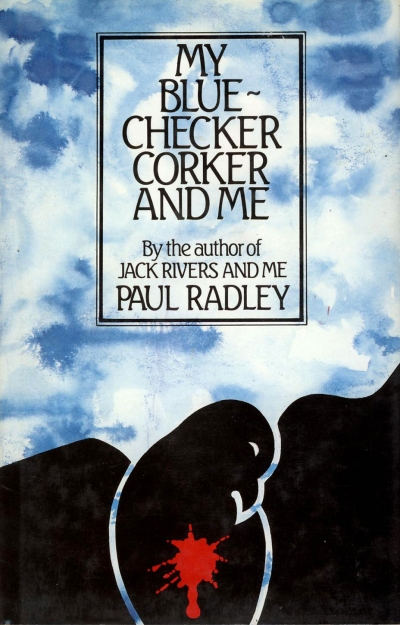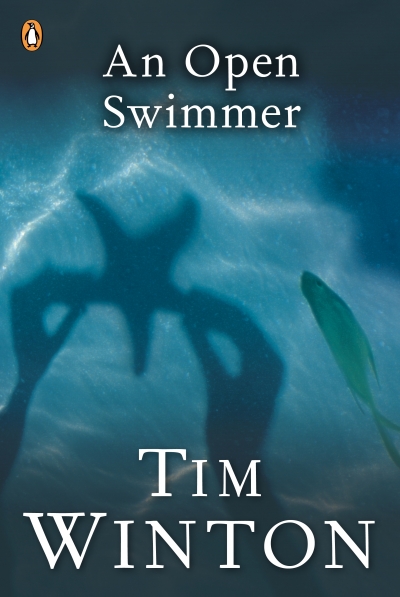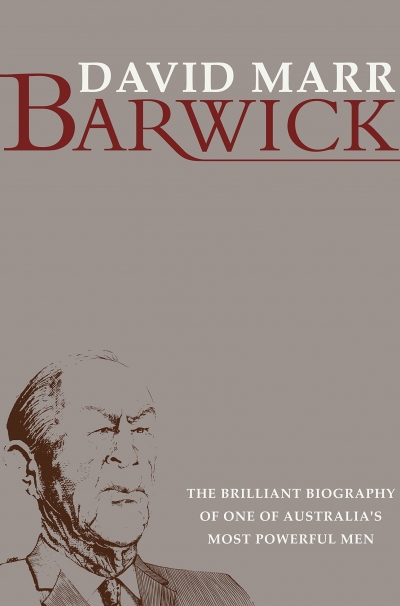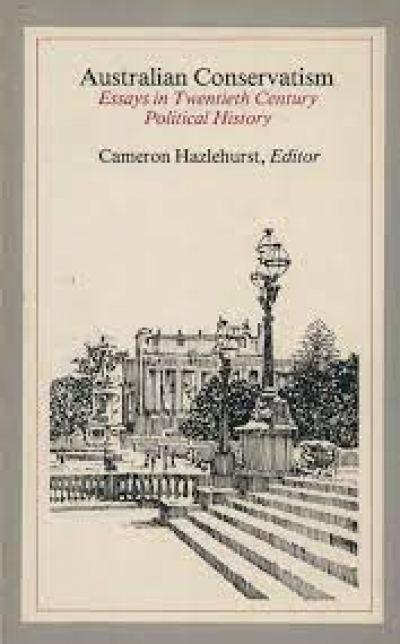Allen & Unwin
Surrender Australia?: Essays in the study and uses of Australian history edited by Andrew Markus and M.C. Ricklefs
by James Jupp •
Shallows by Tim Winton & Goodbye Goldilocks by Judith Arthy
by Nancy Keesing •
Birds of Passage by Brian Castro & Getting Away With It by Kevin Brophy
by Graham Burns •
Australia Since the Coming of Man by Russel Ward & New History edited by G. Osborne and W.F. Mandie
by L.L. Robson •
Australian Conservatism edited by Cameron Hazelhurst & The Deep North by Deane Wells
by Dan O'Neill •

